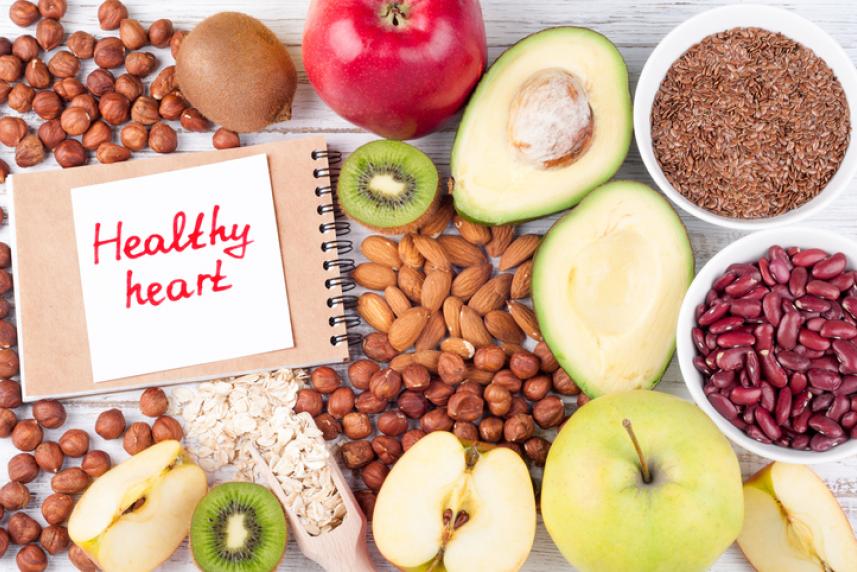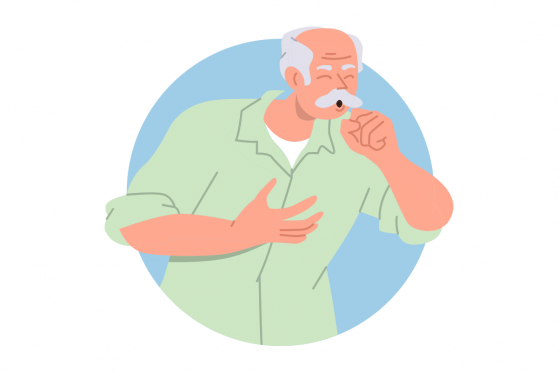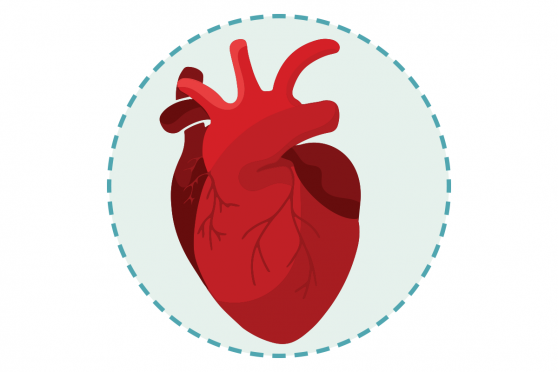Quiz Your Cholesterol Smarts
Just five questions can help you keep your cholesterol and heart health in check

Confused about cholesterol? Here are the facts.
Q: True or false: All cholesterol is bad for your health.
A: False. “Our bodies use cholesterol to form cell membranes, aid in digestion, develop hormones, and convert vitamin D in the skin,” says Karin Crowell, RD, LD, CDE, a clinical dietitian at the University of Alabama at Birmingham.
So what type do you need to keep in check? Low-density lipoproteins (LDL) are considered “bad” cholesterol. “Too much LDL in the system can lead to coronary artery disease due to the buildup of LDL deposits in the artery walls,” says Crowell. High-density lipoproteins (HDL) are “good” cholesterol because they remove cholesterol from the bloodstream and the artery walls, she explains. A blood test measures both types. A higher HDL score improves your total cholesterol level.
Q: True or false: Eggs are off-limits if you’re concerned about cholesterol.
A: False. This myth has been dispelled, says Crowell. The real concern to watch in your diet is not foods high in cholesterol but foods high in saturated fat and trans fat. Those are the true dangers to your LDL cholesterol level and should be limited, she says.
How much is too much? “Saturated fat should comprise no more than 10 percent of a person’s total daily caloric intake,” says Crowell, and the American Heart Association recommends limiting that number to 5 to 6 percent if your cholesterol is high. “Trans fat intake should be kept as close to zero as possible.”
Foods high in saturated fat include high-fat cuts of meat, full-fat dairy products, and butter. Certain tropical oils—namely palm oil, palm kernel oil, and coconut oil—are also high in saturated fat. Foods high in trans fat include stick margarine, shortening, packaged cookies, crackers, cakes, pastries, pies, and many other packaged, processed snack foods.
Q: True or false: Exercise may improve your cholesterol levels just as much as diet changes.
A: True. “Exercise and diet are both important,” says Crowell. “But while many dietary changes can help lower LDL cholesterol, it can be a little more difficult to raise HDL cholesterol with diet alone.” Certain foods—such as fish, nuts, olive oil, and other sources of healthy fats—may help, but just 60 minutes a week of moderate-intensity aerobic exercise can boost your HDL level as well.
Q: True or false: Diet and exercise are the only factors that affect cholesterol levels.
A: False. When it comes to cholesterol, there are many factors involved. That’s why it’s important to discuss your levels and cholesterol control plan with a health-care professional. Beyond diet and exercise, you’ll want to consider weight, age, and heredity.
Q: True or false: You don’t need a cholesterol check until age 40.
A: False. The American Heart Association recommends that you start getting your cholesterol tested at age 20. It’s important to spot risk factors for a heart attack or stroke early. Medications and lifestyle changes can help you lower your risk. If your doctor hasn’t mentioned your cholesterol, don’t assume it’s OK. Start the conversation.



